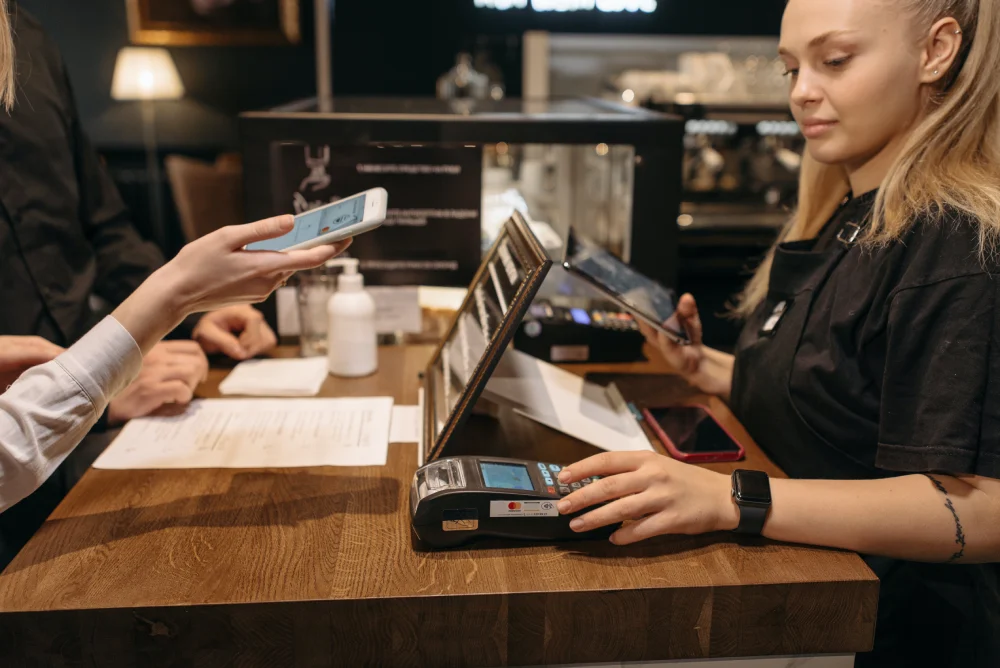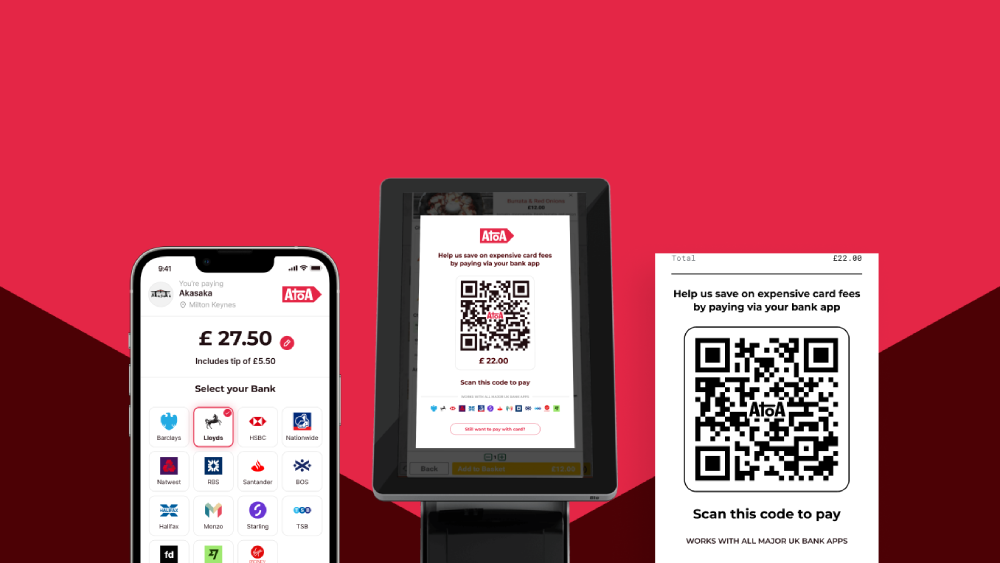Ready to get started?
Easily integrate next-generation payments and financial data into any app. Build powerful products your customers love.
Households in the UK spend an average of £620 per year on digital subscriptions alone, according to Barclays research. For businesses, that means recurring revenue is big business. But it also highlights a hidden challenge: the fragility of recurring payments. Cards expire, Direct Debits take days to clear, and payment failures cost companies billions in lost revenue and churn each year. Variable Recurring Payments (VRPs) play a huge role in closing this gap and make a significant difference for subscription-based businesses. They promise fewer failures, faster settlement, and more flexibility, all while operating on open banking technology.
What are VRPs and how do they work?
Variable Recurring Payments (VRPs) are a payment method where money is automatically debited from a customer’s bank account at agreed intervals. They’re commonly used for things like subscriptions, utility bills, or membership payments; always after the customer has authorised them. Once set up, customers don’t need to make manual payments, so they never miss a due date.
Unlike card-on-file arrangements, there are no expiry dates or reissued cards to worry about. And unlike Direct Debits, payments settle instantly and can vary in amount, giving businesses more flexibility and customers more control. This combination of automation, transparency, and security makes VRPs a powerful upgrade for recurring payments.
How VRPs compare to existing methods
Traditional recurring payment methods come with trade-offs. Cards are convenient but costly. Direct Debits are cheap but slow. Standing orders are rigid and give control to the customer rather than the business. VRPs combine the best of each.
Here’s a side-by-side view:
| Method | Cost | Speed | Flexibility | Reliability |
|---|---|---|---|---|
Cards | High fees (1.2–3%+) | Instant authorisation, settlement in 1–3 days | Flexible amounts | Prone to failures (expired/blocked cards) |
Direct Debit | Low fees | 3–5 days to clear | Fixed or capped | Reliable but slow |
Standing order | Minimal fees | 3–5 days (bank-dependent) | Inflexible, fixed amount only | Reliable, but customer-controlled |
VRPs | Lower than cards (no schemes) | Instant settlements | Flexible amounts | High reliability, fewer failures |
Practical use cases for subscription businesses
VRPs aren’t just theory, they have clear applications across industries. Here are some of the most useful scenarios where they can make recurring payments smoother and more reliable:
- SaaS platforms: Software-as-a-Service businesses often scale pricing by usage (seats, storage, API calls). VRPs allow flexible billing without chasing failed card payments, keeping subscriptions active and cash flow steady.
- Media and streaming services: For companies like streaming platforms or digital media publishers, where pricing tiers or add-ons are common, VRPs allow billing to adjust dynamically without locking customers into rigid amounts or risking card decline churn.
- Gyms and fitness studios: Memberships are typically fixed, but extras like classes, personal training, or facility bookings often vary. VRPs make it easy to combine the fixed subscription with variable add-ons in one smooth billing flow.
- Utilities and telcos: Electricity, water, mobile, and broadband bills all fluctuate month to month. VRPs mean customers approve the framework once, and payments adjust seamlessly. No more mismatched Direct Debit amounts or bill reminders.
- Professional services on retainer: Law firms, accountants, and consultants often combine fixed retainers with variable project fees. VRPs create a single, customer-approved agreement that can handle both, reducing admin and improving cash flow predictability.
What this means for UK businesses
For subscription-based businesses, VRPs represent the next step in recurring payments. They combine the low cost of Direct Debits, the speed of card payments, and the flexibility that modern businesses need. With settlement happening instantly and fewer failed transactions, companies can rely on a steadier stream of revenue. And with providers like Atoa building on open banking rails, businesses will soon be able to access features like partial payments, instant refunds, and real-time tracking through payment pages, reducing costs by up to 50% compared to cards.
Takeaway
Subscription-based businesses thrive on predictability, but payments have always been a weak link. VRPs could change that. By removing the friction of expired cards, the slowness of Direct Debits, and the rigidity of standing orders, they set the stage for faster, cheaper, and more reliable recurring payments. The businesses that prepare early, by exploring open banking-powered providers like Atoa, will be best placed to turn VRPs into a competitive advantage.



